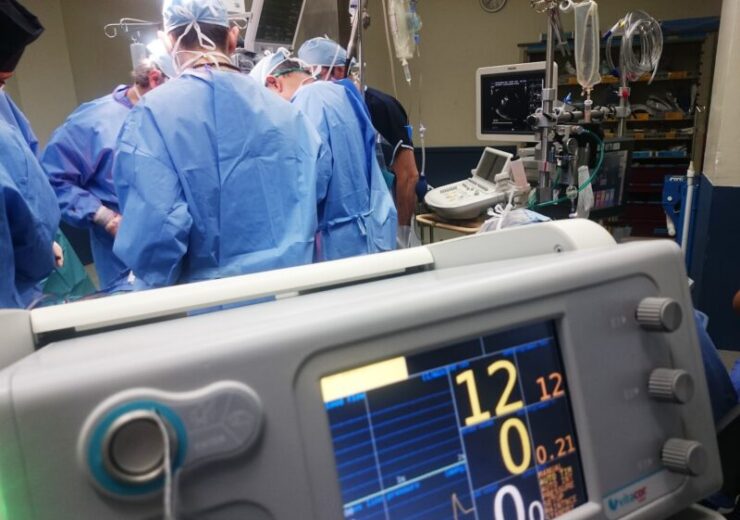The device uses the firm’s proprietary machine-learning technology to noninvasively diagnose organ dysfunction caused by inadequate cellular oxygenation in patients of all skin tones

Opticyte's Cell O₂ Patient Monitor received breakthrough device designation from the FDA. (Credit: Natanael Melchor on Unsplash)
Opticyte has received breakthrough device designation from the US Food and Drug Administration (FDA) for its Cell O₂ Patient Monitor, which is intended to monitor patients at risk of organ failure in real time.
According to the American medical device start-up, the Cell O2 Patient Monitor measures and finds systemic low oxygen levels inside cells by using non-invasive optical spectroscopy technology.
The device is claimed to help reduce organ failure by immediately and continuously monitoring cellular oxygen levels while a patient is being treated in a hospital for trauma, sepsis, or myocardial infarction.
Opticyte co-founder and CEO Lori Arakaki said: “We’re pleased the FDA recognised the strength of our data and the promise of our technology to deliver reliable and actionable cellular oxygenation readings for medical staff–often working in emergency medicine–to more effectively prevent organ failure and save lives.
“This new designation will allow us to more quickly reach sepsis, trauma, and cardiac surgery patients with organ dysfunction who are on the verge of organ failure.”
The first-in-human observational study using the Opticyte device was conducted on nearly 150 participants at the Harborview Medical Center and the University of Washington Medical Center in Seattle.
The study recorded real-time measurements of low cell O2 in sepsis patients, which may be an early sign of organ failure, shock, and death, the US-based medical device start-up said.
Harborview Medical Center trauma chief Eileen Bulger said: “In the emergency department, we’re always racing against time.
“Opticyte’s technology offers the potential to see continuous, real-time data indicating systemic low cellular oxygenation and allow those of us on the frontlines of care to respond with effective countermeasures to course correct potential organ dysfunction and ideally save more lives.”
Additional studies into the predictive significance of cell oxygenation for organ dysfunction and mortality in patients across indications and care settings are currently being coordinated by Opticyte.
More than 130 healthy individuals with a variety of physical traits, including lighter and darker skin tones, were studied by Opticyte in order to provide the training and testing data for its machine-learning system.
